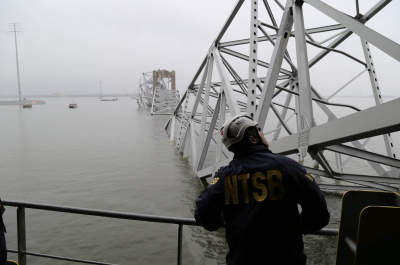Jurisdiction is an important issue. It is about a court’s power to hear a case. But we often tend to focus on bigger things, such as whether a collision occurred because of a software glitch in an electronic chart, or whether a storm satisfied the “peril” element of a maritime salvage case. Compared to these, jurisdiction is boring.
But it should not be overlooked. Jurisdiction actually has two parts. The first is subject matter jurisdiction. This means a court has authority to hear the case at hand. Under federal rules, courts look at whether a case involves a federal question: does it involve the U.S. Constitution or federal law. A case based on a federal question will get you in the door. There are also other ways.
The next step is establishing personal jurisdiction. This means a court has a “grip” on the person or company and hinges on whether the person or company is in the state, if they can be served, the nature of their contacts with the state, and so on. This is a simplification. The Federal Rules of Civil Procedure cover this in great detail.
The importance of jurisdiction was recently illustrated in a federal case involving the Army Corps of Engineers. The Corps terminated a contract with a dredging company. The company sued in federal district court for breach of contract and sought money damages. The Corps sought to dismiss or transfer the matter, arguing that exclusive jurisdiction lies in the U.S. Court of Federal Claims. The contractor argued that the dredging project involved a maritime contract, thus a federal district court would have jurisdiction over the matter.
The court looked at a number of issues, including the Supreme Court’s “principal objective” test. In this analysis, the court held that the purpose of the contract was to dredge a navigable waterway and deposit sand on the beach. The court pointed out that dredging a navigable waterway is a traditional maritime activity. Since the work facilitated maritime commerce, it would give rise to maritime jurisdiction. After examining this and other issues, the court denied the Corps’ motion, holding that subject matter jurisdiction did exist in the federal district court.
This shows that before a court could see the first exhibit of evidence, the court has to first establish jurisdiction over the matter.





